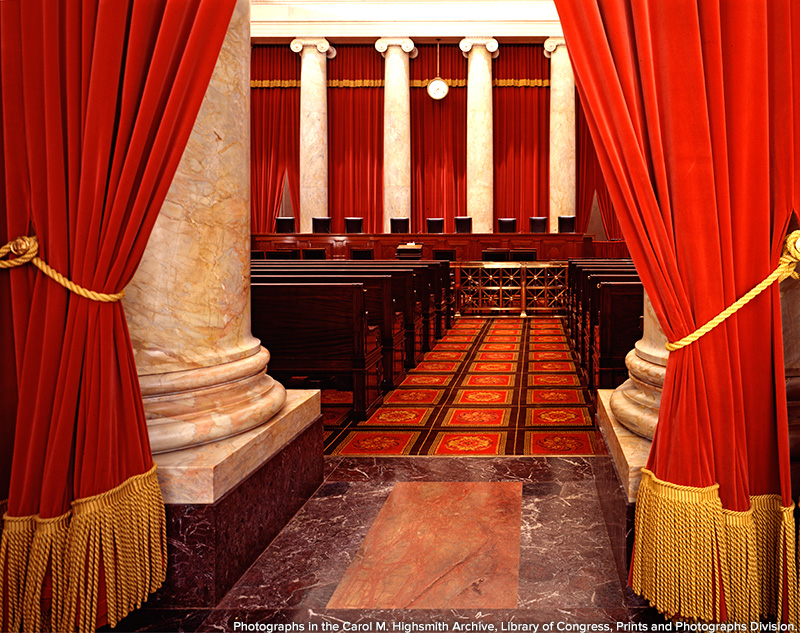- Current Events Nebraska Rejects Winner-Take-All Proposal
- Citizenship Voting Under Age 18
- Citizenship Citizenship in Action
- Democratic Party Biden’s and Trump’s Recent Primary Results
- Elections Trump and Biden Win South Carolina and Michigan Primaries
- Democratic Party Trump and Biden Win Big in Early February Contests

SCOTUS Upholds Arizona Voting Restrictions
In 1965, the Voting Rights Act was passed. This law was created to remove barriers set up to prevent African American voters from being able to fairly cast a ballot. It banned the use of literacy tests, provided for federal oversight of elections in underrepresented areas, and authorized federal investigation of poll taxes. Since its passage there have been many Supreme Court decisions about the law. On July 1, 2021, the Supreme Court voted to uphold some critical Arizona voting restrictions. Here, Election Central takes a closer look at the decision, and what it could mean for fair elections in the future.
So What Happened?
The case surrounds two Arizona voting laws. The first makes it illegal for anyone other than a relative or caregiver to collect a voter’s absentee ballot. The second says that any ballot cast in the wrong precinct is immediately thrown out. Both laws were originally struck down by a federal appeals court, which ruled that these laws would disproportionately impact minority voters. The appeals court also said that the restrictions were unnecessary since there was no evidence of voter fraud. The court found, for example, that in the Navajo Nation, there are very few post offices or postal routes, so people without cars can’t vote unless ballot collectors pick up their ballots.
But last Thursday, the Supreme Court voted 6-3 to uphold the Arizona restrictions.
Conservative justices of the Supreme Court argued that voting looks very different now than it did when the Voting Rights Act was first enacted. For one thing, back then, most voting took place in person, on Election Day. They also pointed out that other, similar voting restrictions already exist in other states. And they also said that the Court doesn’t have to wait for fraud to happen to work to prevent it. According to Justice Alito, who voted in favor of the restrictions, just because voting is inconvenient for some doesn’t make it unfair. Overall, Justice Alito said, all Americans still have equal access to voting.
What Do Opponents Say?
Those who oppose the Court’s decision point out that it’s not appropriate to compare today’s laws to what they were forty years ago. Since then there have been huge developments in expanding voter access through absentee balloting, early voting, and more. The justices who voted against the restrictions noted that the whole point of the Voting Rights Act was to eliminate discrimination and unfairness in voting procedures. Justice Elena Kagan wrote that adding voting restrictions makes it seem like voter suppression is a thing of the past, when really it is still going on today.
Voting rights activists say that the decision could have a critical impact on the 2022 midterm elections–and on every election after that. Voting restrictions that impact minority voters could have a profound effect on future election results.


